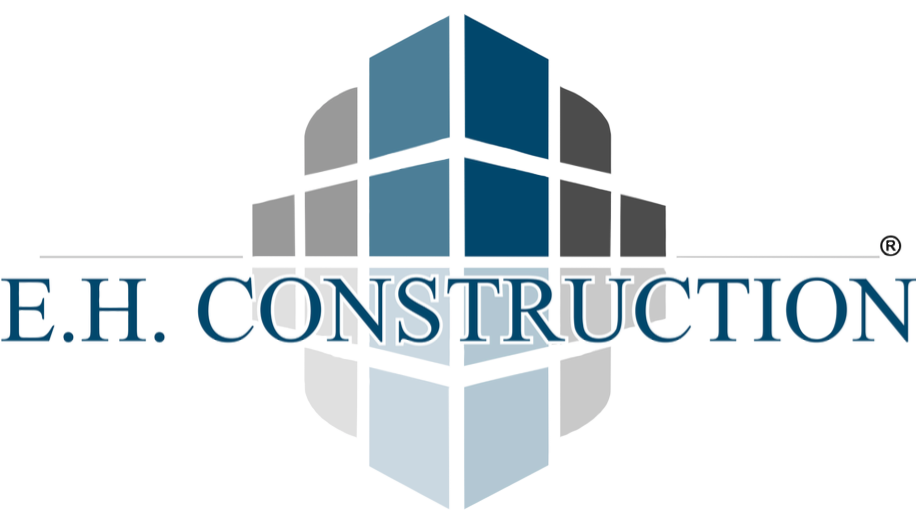How to Start a Career in Construction: A Beginner’s Guide
So, you want to get into construction? Maybe you love the sound of a hammer hitting nails, the sight of a freshly poured slab of ready mix concrete, or the idea of commanding a backhoe on a busy construction site. Well, buckle up your tool belt because we're diving into how to get started in the world of building construction.
Step 1: Understand the Industry
Before you start swinging a hammer or reading blueprints, take some time to understand the different paths in construction. There are general contractors, custom home builders, and specialists like flatwork experts or fascia installers. Some focus on green building, like Passive House construction, while others specialize in large-scale commercial work like L&T Construction.
Step 2: Choose Your Path
Not all construction workers are the same. Some start as laborers and work their way up, while others dive into BIM (Building Information Modeling) or CAD (Computer-Aided Design) to design the projects themselves. Here are a few common career paths:
Skilled Trades: Carpenter, Electrician, Plumber, Mason
Heavy Equipment Operators: Running a backhoe, excavator, or bulldozer
Management & Supervision: General contractor, Site Supervisor
Design & Planning: Blueprints, cost codes, cost-plus contract
Step 3: Get Some Hands-On Experience
Nothing beats hands-on learning in construction. Look for apprenticeship programs, trade schools, or even volunteer opportunities with home builders. Many workers start as laborers, learning foundational skills like framing, setting forms, pouring foundation, and working with flashing and felt (underlayment).
Step 4: Learn the Lingo
If you want to sound like a pro on a construction site, you’ve got to learn the vocabulary. You’ll hear terms like expansive soils (problematic soil that shifts over time), footer (footing) (supports for a foundation), and fire-resistive (fire-rated) (materials that slow down fire). Want to be an even bigger pro? Learn about frieze board (bird block), GFCI (Ground Fault Circuit Interrupter), glulam (glued laminated beam), and girder truss.
Step 5: Master the Business Side
If you ever dream of running your own construction company, you need more than just trade skills. Understanding bid processes, handling change orders, managing cost codes, and writing a solid daily report will keep your projects running smoothly. Knowing about damp proofing and forced air heating/cooling will also help when discussing job specs.
Step 6: Get Licensed and Certified
Depending on where you live, you may need to get a license to become a general contractor. Requirements vary, but most places require experience, passing an exam, and proof of liability insurance. Specialized certifications in floating concrete, foundation work, or floor plan design can also boost your credibility.
Step 7: Stay Ahead with Technology
The industry is evolving fast, and using tools like BIM (Building Information Modeling) and CAD software can help streamline projects. Whether you’re sketching out a floor plan or calculating the cost to build a house, embracing technology will set you apart.
Step 8: Network and Keep Learning
The best way to grow in construction? Connect with others. Join industry groups, attend trade shows, and learn from seasoned pros. Stay up to date on new materials like green board (pressure-treated lumber) and construction techniques that can save money and time.
Final Thoughts
Building a career in construction isn’t just about laying bricks or pouring ready mix concrete. It’s about problem-solving, learning continuously, and adapting to new challenges. Whether you're drawn to custom home builders, large-scale commercial projects, or innovative green building techniques, there’s a place for you in this industry.
So grab your hard hat, pick up those blueprints, and start building your future today!

